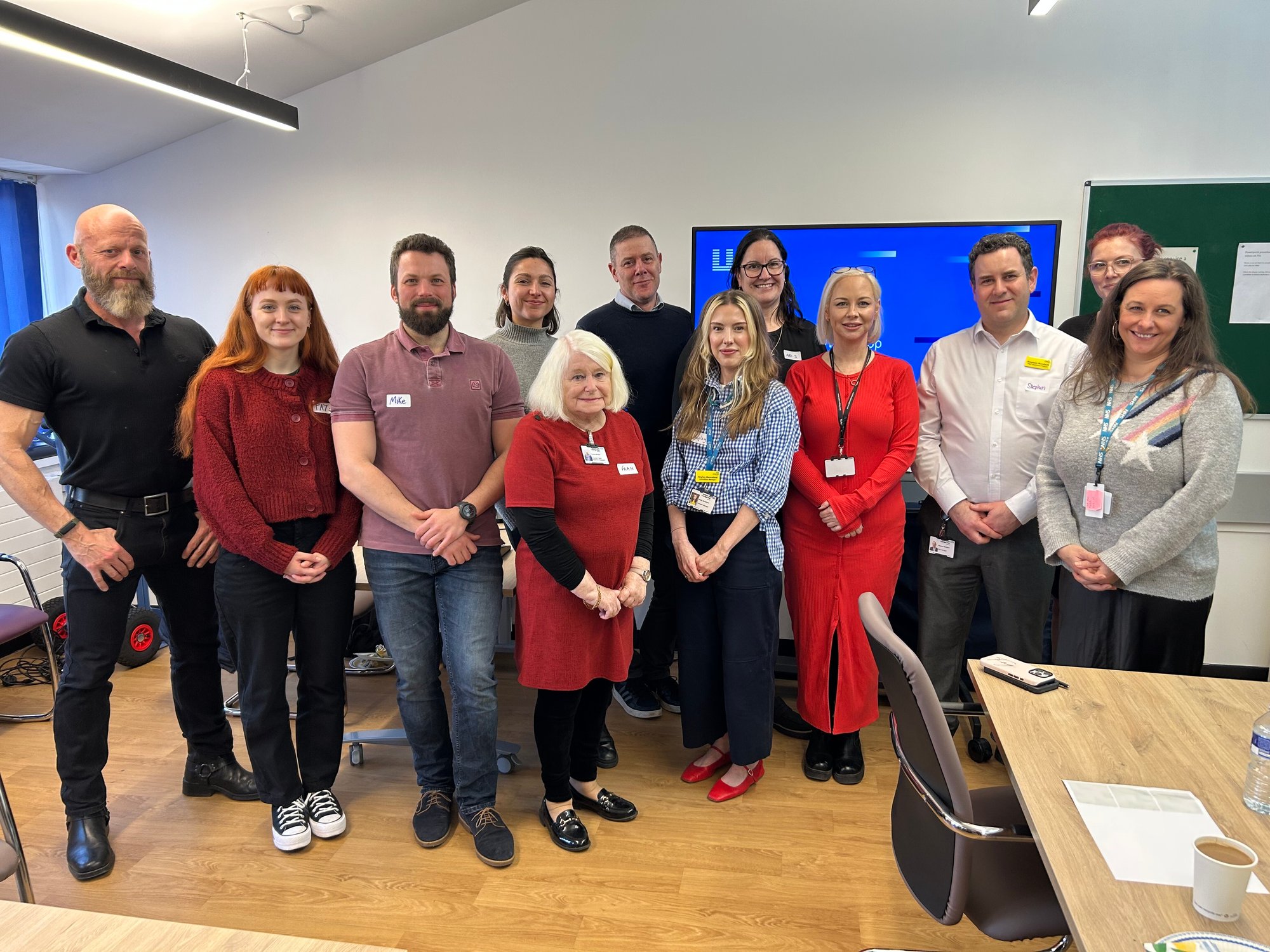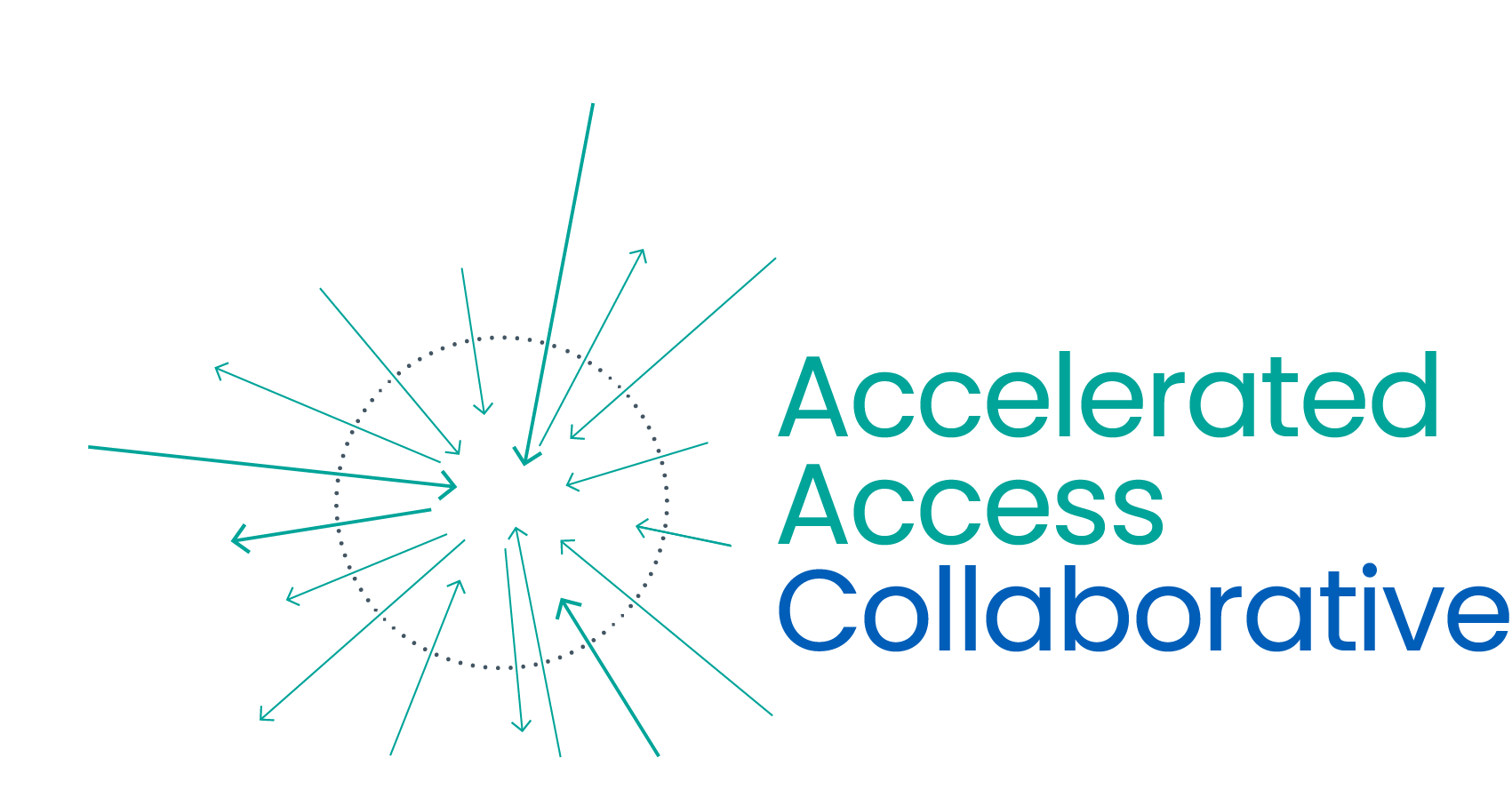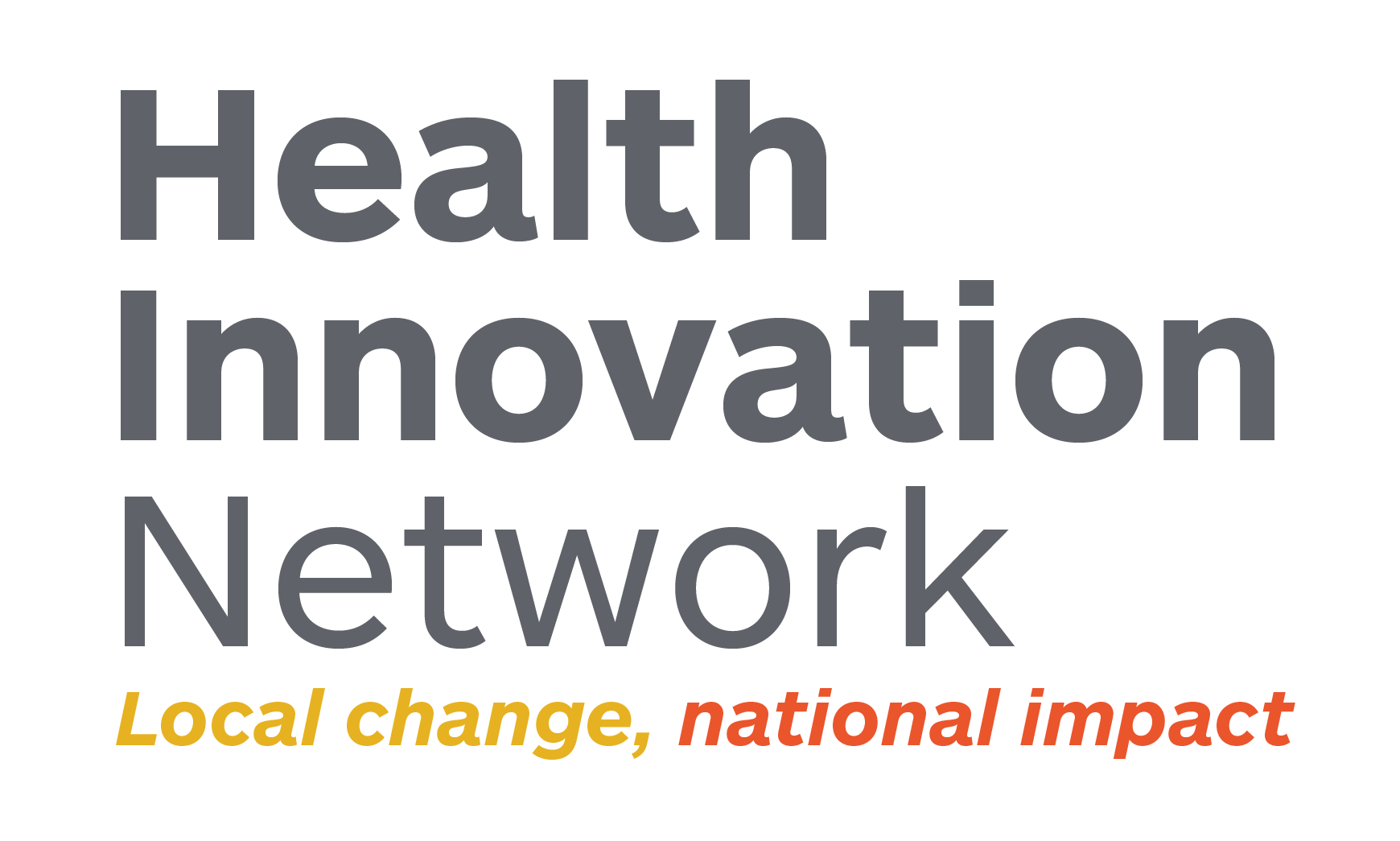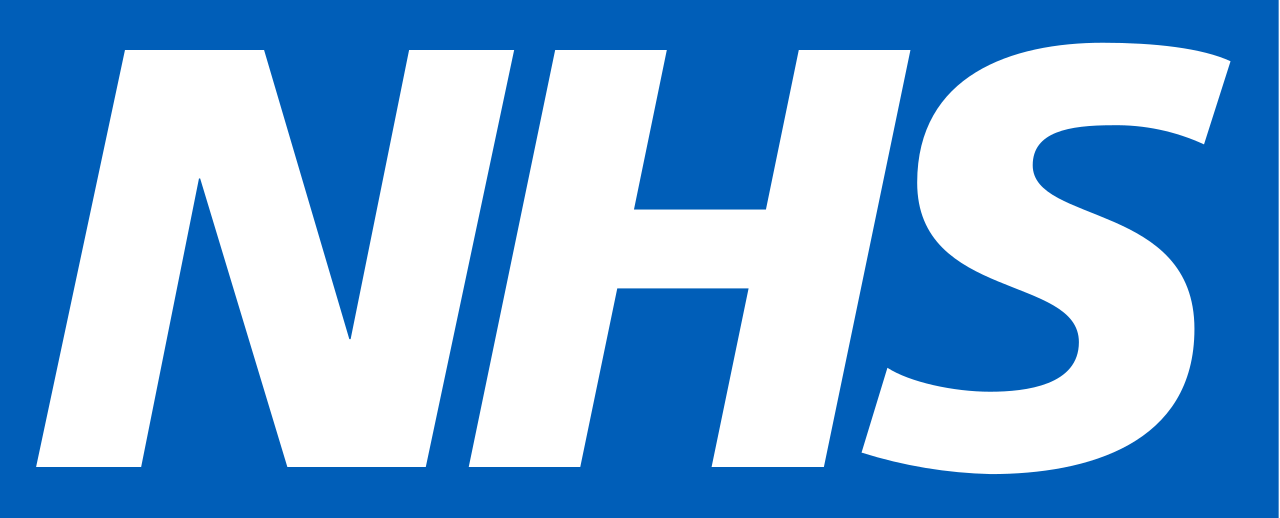
Luscii awarded SBRI Healthcare funding to help scale acute virtual wards across the NHS
We’re proud to share that we’ve been awarded funding through SBRI Healthcare, an Accelerated Access Collaborative initiative delivered in partnership with the Health Innovation Network.
This Phase 3 funding supports innovations that are ready to scale and make a meaningful difference to urgent and emergency care. Our project focuses on evaluating and strengthening the Acute Virtual Ward (AVW) model at Maidstone and Tunbridge Wells NHS Trust (MTW) – with the aim of building a blueprint for the rest of the NHS.

What’s this project about?
MTW’s Acute Virtual Ward has been live since December 2023. It provides hospital-level care at home for acutely unwell patients who would otherwise be in a hospital bed. Care is delivered through remote monitoring powered by Luscii, and supported by home visits provided by Kent Community Health NHS Foundation Trust.
Early results show real promise: the virtual ward is saving between 4.4 and 5.1 hospital bed days per patient and helping the Trust keep bed occupancy safely under 95%.
We now want to take this further. Over the next year, we’ll be carrying out a detailed evaluation to understand:
- Who benefits most from acute virtual care
- What challenges need to be addressed
- Whether the model saves money
- How it impacts health equity and digital inclusion
- What its environmental benefits might be
Together with MTW, Unity Insights and Health Innovation Kent Surrey Sussex , we’ll use these insights to create a replicable, evidence-based blueprint that NHS organisations across the country can follow.
.jpg?width=2000&name=iStock-1454202870%20(1).jpg)
Why Maidstone and Tunbridge Wells?
MTW’s virtual ward has a number of standout features that make it both safe and scalable:
- It supports patients who are still acutely unwell, not just those ready for early discharge
- It operates a general medical model, not limited to one specialty – with strong uptake across respiratory and other pathways
- It’s built for adoption and spread, with one SOP, simple referrals and a mindset of “virtual ward by default”
This model has already started to shift how clinicians think about care delivery – and we believe it has the potential to do the same across the wider NHS.
Co-producing the blueprint with patients and communities
From the outset, we’re involving patients and the public in shaping the evaluation. We’ve launched recruitment for a Patient and Public Involvement and Engagement (PPIE) Steering Group, who will co-design the evaluation, guide data collection, and help shape how findings are shared.
This work will be aligned with the Core20PLUS5 framework, to ensure we’re listening to under-represented voices and tackling the barriers some groups face when accessing care.
We kicked off the project in early March with a stakeholder workshop at Maidstone Hospital – bringing together MTW, Unity Insights, KSS HIN and our Luscii team to co-create a logic model for the evaluation.
Next steps
Over the next year, we’ll be working closely with our partners and patients to gather meaningful insights, share what we learn, and support the growth of virtual wards as a core part of NHS care.
We're incredibly excited about what’s ahead. If you’d like to get involved or hear more about our work, contact media@luscii.com.
📖 You can also read the full SBRI Healthcare announcement here.



.png)
Acknowledgement
This work was commissioned and funded by SBRI Healthcare.
SBRI Healthcare is an Accelerated Access Collaborative (AAC) initiative, in partnership with the Health Innovation Network.
The views expressed in this publication are those of the author(s) and not necessarily those of SBRI Healthcare or its stakeholders.
Want to hear more about Luscii?
Luscii is the system-wide platform for health care at home. Luscii's diverse remote monitoring programmes cater to over 150 conditions, connecting the dots between acute, primary, and community care. Our clinically-proven programmes enable healthcare providers to reduce unplanned admissions, lower A&E attendances, cut costs, and deliver faster discharge.